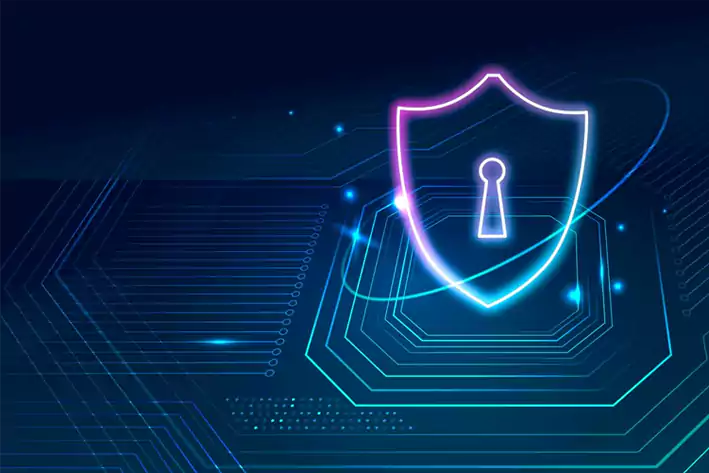Course Information
Course Description
The Foundation Diploma in Information Technology with a focus on Cyber Security is tailored to equip learners with essential knowledge, skills, and understanding of cybersecurity principles and practices. This course provides a comprehensive overview of various aspects of cybersecurity, including foundational concepts, network security, cryptography, secure coding, incident response, and emerging threats.
COURSE OBJECTIVES
The course aims to provide students with a thorough understanding and appreciation of cybersecurity technologies and their significance in contemporary society. It encourages critical examination of cybersecurity frameworks and their impact on individuals, businesses, and society as a whole. Students will delve into topics such as network security architecture, encryption techniques, ethical hacking methodologies, compliance standards, and future developments in cybersecurity.
COURSE OUTLINE
- Introduction to Cyber Security
- Foundational Concepts of Information Security
- Network Security Architecture
- Cryptography and Encryption
- Secure Coding Practices
- Incident Response and Management
- Emerging Threats in Cyber Security
STUDENT ACQUISITIONS
Upon completing the course, students will:
- Understand and appreciate the role of cybersecurity in modern society.
Develop a critical understanding of network security architecture and encryption techniques. - Evaluate cybersecurity frameworks from various perspectives, including technical, legal, and ethical considerations.
- Gain awareness of security issues and challenges in information technology and apply appropriate measures to mitigate risks.
- Apply secure coding practices to develop resilient and secure software applications.
- Stay informed about emerging threats and advancements in cybersecurity technologies.
LEARNING METHODOLOGIES
The course employs a range of effective learning methodologies, including:
- Engaging with theoretical concepts to build foundational knowledge of cybersecurity.
- Encouraging independent exploration and analysis of cybersecurity technologies and their applications.
- Facilitating hands-on experience through practical exercises and simulated cyber attack scenarios.
- Promoting critical evaluation of research papers, legal statutes, and case studies related to cybersecurity.
- Fostering logical thinking and problem-solving skills through real-world cybersecurity challenges.
- Enhancing communication abilities for clear and effective presentation of technical concepts and security recommendations.





